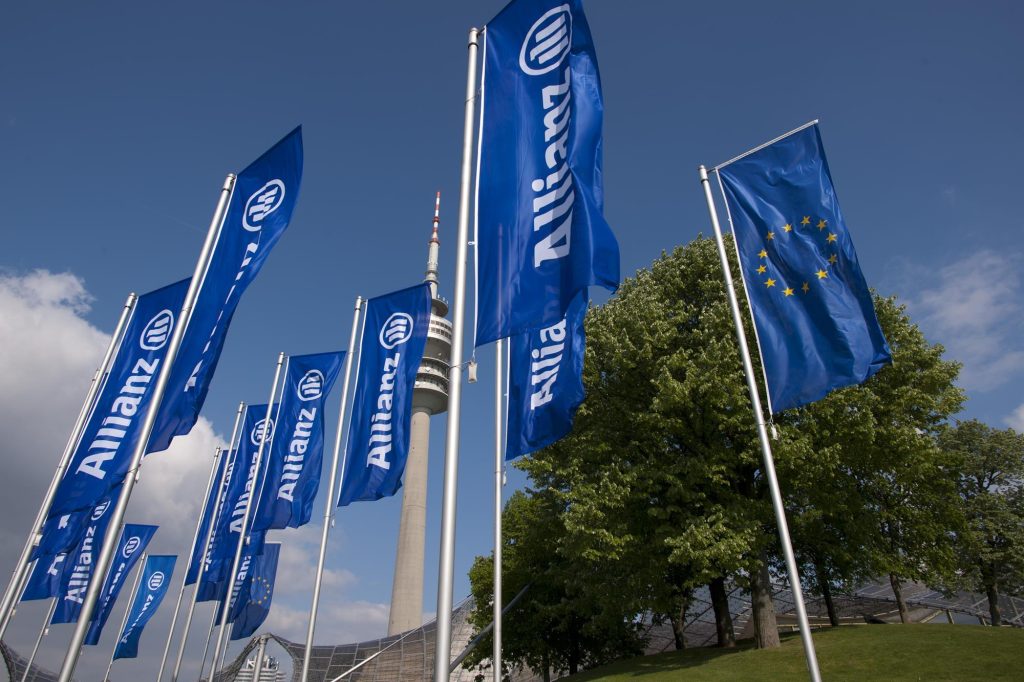Policy pivot: Allianz Global Investors will allow defence investments in select ESG-labelled funds, reflecting changing European security priorities.
Strategic evolution: Defence-linked assets, including some nuclear holdings, will be considered under revised ESG strategies—pending alignment with treaties and transparency standards.
Market signal: The move underscores a broader redefinition of ESG in Europe, with pressure mounting for clearer disclosures and a realignment towards security and resilience.
Allianz Global Investors (AllianzGI) is preparing to introduce defence-related allocations into some of its ESG-labelled funds—marking a significant departure from traditional ESG exclusions and signalling a broader shift in how European markets view sustainability and security.
“The European view on defence and the need for defence has shifted,” said Matt Christensen, Global Head of Sustainable and Impact Investing at AllianzGI, referencing the war in Ukraine and the need to meet NATO goals.

The asset manager is in the final stages of updating prospectuses and internal policies for its Article 8 funds—those designated as promoting environmental, social, and governance objectives. Clients were notified of the changes in March. Once the regulatory framework is in place, individual portfolio managers will decide what defence-linked assets may be appropriate based on each fund’s strategy.
The change aligns with a broader rethinking of ESG across Europe. Deutsche Bank’s DWS Group is taking similar steps, and Euronext CEO Stéphane Boujnah has publicly advocated for redefining ESG to center on “energy, security, and geostrategy.”
Christensen emphasized that the decision reflects long-term strategic realignment, not short-term reaction. “The goal is to cater to clients who want strong ESG risk management but who don’t necessarily want to exclude everything,” he said.
Notably, AllianzGI’s revised ESG framework will also allow consideration of investments tied to nuclear weapons—so long as they comply with the Non-Proliferation Treaty. These defence-related activities represent around 1.7% of the MSCI All Country World Index.
RELATED ARTICLE: EIB, AllianzGI Announce New Capital Commitments to the Emerging Market Climate Action Fund at COP28
As Europe recalibrates ESG norms, regulators are calling for full transparency. “Don’t disappoint their clients with insufficient clarity,” warned Rupert Schaefer, Chief Executive Director of Strategy, Policy and Control at Germany’s financial watchdog BaFin, in May.

AllianzGI’s shift could set a precedent, offering institutional investors a pathway to align ESG priorities with geopolitical realities—without sacrificing governance or disclosure standards.
Follow ESG News on LinkedIn

